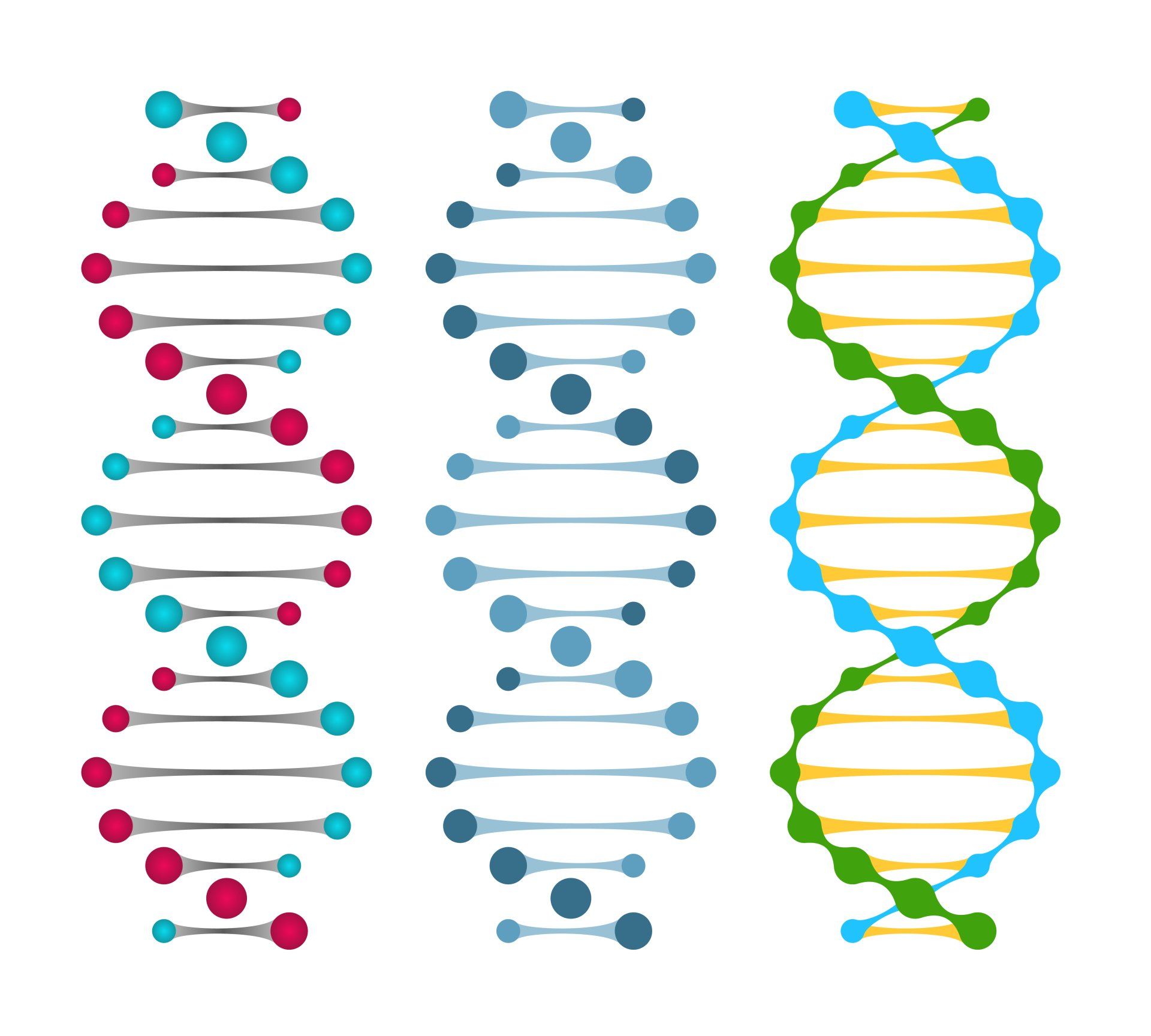Research
Stanton Biotech Pvt Ltd
Research in Aqua Biotechnology focuses on the application of biotechnology techniques to marine and freshwater environments. This field has the potential to revolutionize the food industry, environmental conservation, and healthcare, among other sectors.
Food Production and Aquaculture
- Genetic Modification of Fish: Research is being conducted to create genetically modified fish that grow faster, are more disease-resistant, or have higher nutritional value.
- Algal Biotechnology: Algae are being engineered to produce high-value compounds, such as omega-3 fatty acids, and are also a promising source for biofuels.
- Sustainable Fish Farming: Biotechnology aids in the development of sustainable aquaculture by reducing the environmental impact of fish farming.
Environmental Conservation
- Bio-remediation: Microorganisms are engineered to clean up oil spills and other pollutants in aquatic environments.
- Conservation Genetics: Genetic techniques are used to study biodiversity and the population structure of aquatic species to aid in conservation efforts.
- Water Quality Monitoring: Biosensors and bioindicators are developed for real-time monitoring of water quality.
Healthcare and Pharmaceuticals
- Marine-derived Drugs: Compounds from marine organisms are being studied for their potential to treat a variety of diseases, including cancer, inflammation, and bacterial infections.
- Bioactive Compounds: Research focuses on identifying new bioactive compounds from marine microorganisms and invertebrates.
- Antimicrobial Peptides: Aquatic organisms often produce unique antimicrobial peptides that are studied for their medical applications.
Industrial Applications
- Biofuels: Microalgae and other aquatic plants are being researched for their potential to produce biofuels efficiently.
- Bioplastics: Polymers derived from aquatic biomass are being developed as an alternative to traditional plastics.
- Enzyme Production: Aquatic microorganisms are a source of enzymes used in various industrial processes, such as the breakdown of cellulose.
Challenges and Ethical Considerations
- Bioethical Concerns: Genetic modification of aquatic organisms raises ethical questions related to ecological impact and consumer safety.
- Regulatory Hurdles: Stringent regulations often slow down the commercialization of new biotechnological innovations.
- Ecosystem Impact: Introducing genetically modified or non-native species to aquatic environments may have unforeseen ecological consequences.


